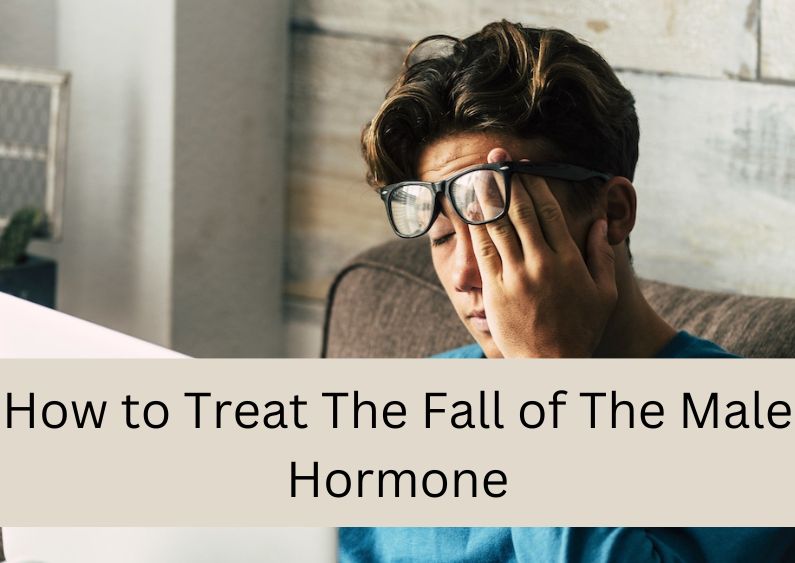How to Treat The Fall of The Male Hormone
After age 40, testosterone production in men gradually declines, and testicular function is gradually impacted. As a result, the clinical signs and symptoms of adult male hypogonadism, which is a decrease in testosterone production, are more subtle and difficult to spot, but they have a significant influence on quality of life.
This clinical state should not be described using the word “andropause,” which is inappropriate.
Older men’s hormonal changes are better described as androgenic disorders of male ageing (AAD), as other significant physiological changes related to ageing also take place at the same time as testosterone production declines.
Changes in the capacity to have a rigid erection, lack of sexual attraction, change in mood, decreased intellectual activity, difficulties concentrating, impatience, memory issues, and spatial disorientation are some of the clinical indications that go along with a drop in testosterone.
Constantly depressed episodes might also result from testosterone deficiency. Obesity (a steady rise in abdominal fat) and a loss of muscle mass are problems that are made worse by inactivity. Osteoporosis may develop due to a reduction in bone mineral density.
What is treatment
The most common kind of treatment for men with a male hormone deficiency is testosterone hormone replacement therapy, which tries to increase levels of normal male hormone and lessen hypogonadism-related symptoms. In order to respect the patient’s biological requirements and to maintain physiological testosterone levels in the blood, testosterone replacement therapy must adhere to a number of safety precautions. Your urologist will assess these precautions throughout your medical appointments.
For a duration of 12 weeks, the long-acting testosterone undecylate injectable formulation offers steady and physiological therapeutic levels. It is a cosy, soothing choice, but it is more expensive.
It is crucial to stress that testosterone replacement in older men requires a lifetime commitment and that, despite its advantages, you should regularly check in with your sexologist or contact us for advice.

